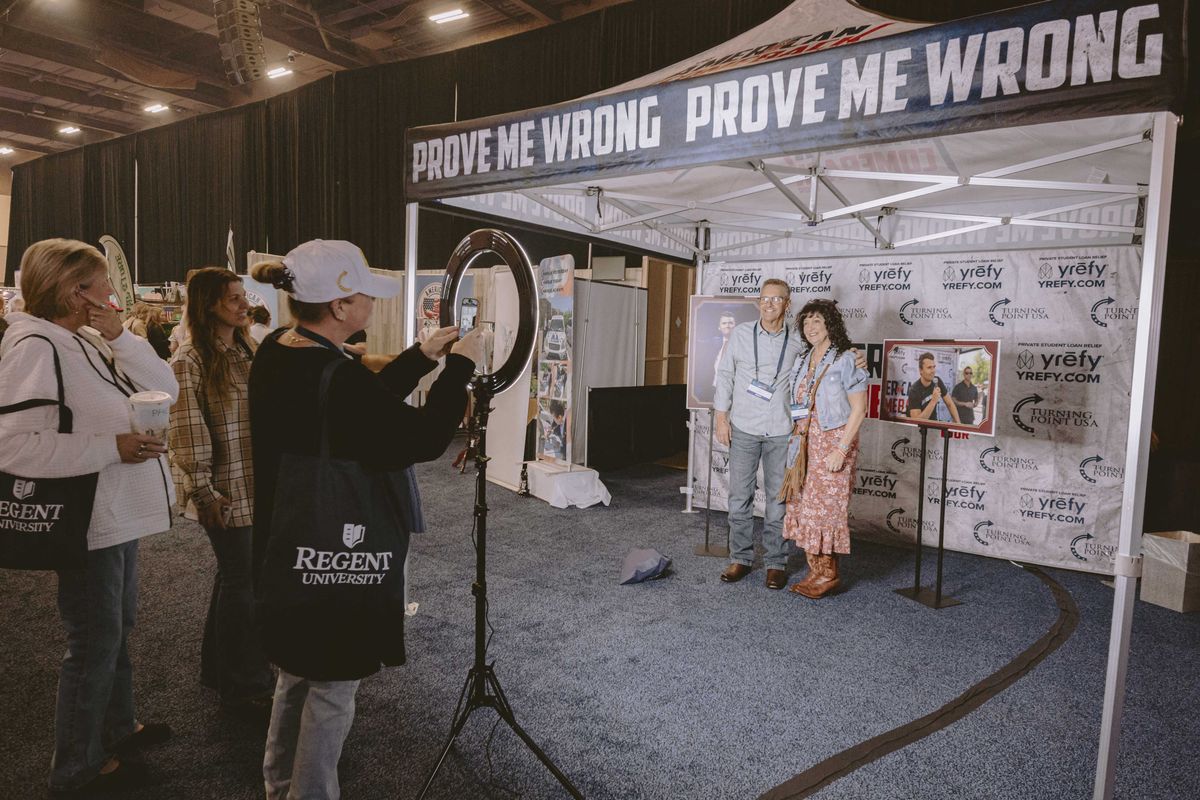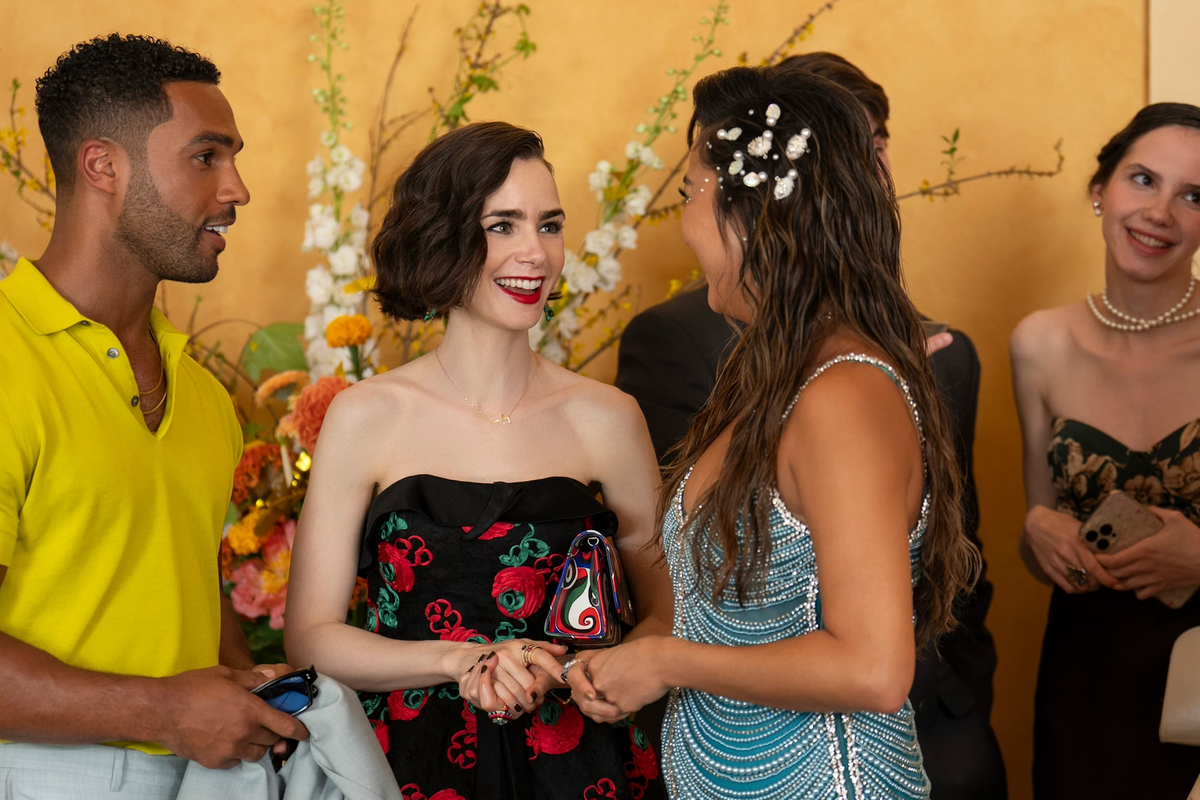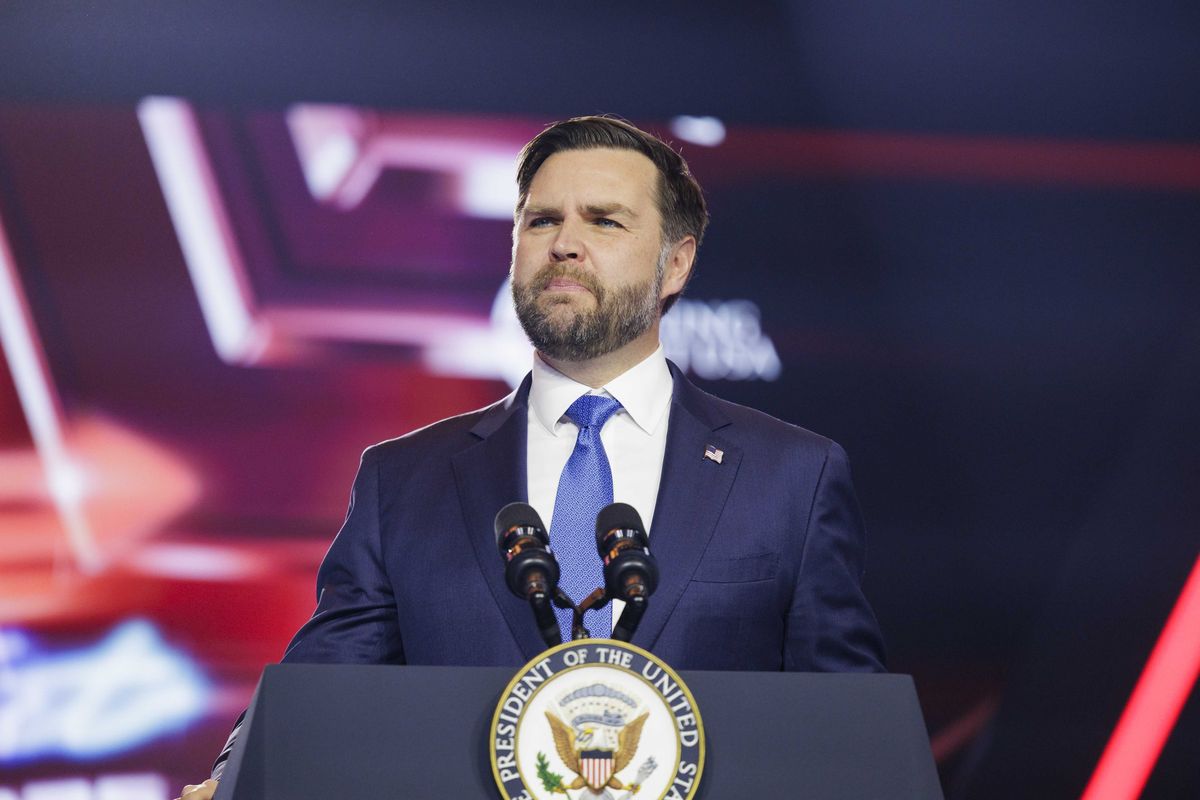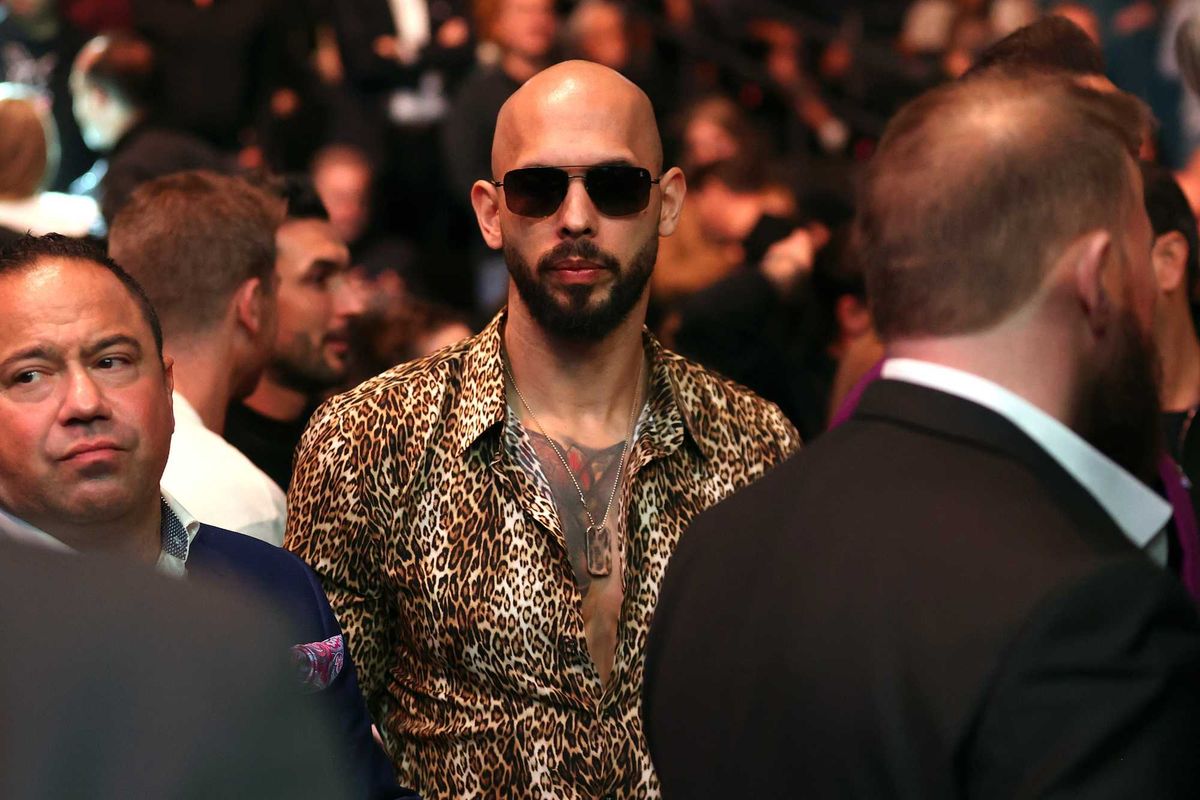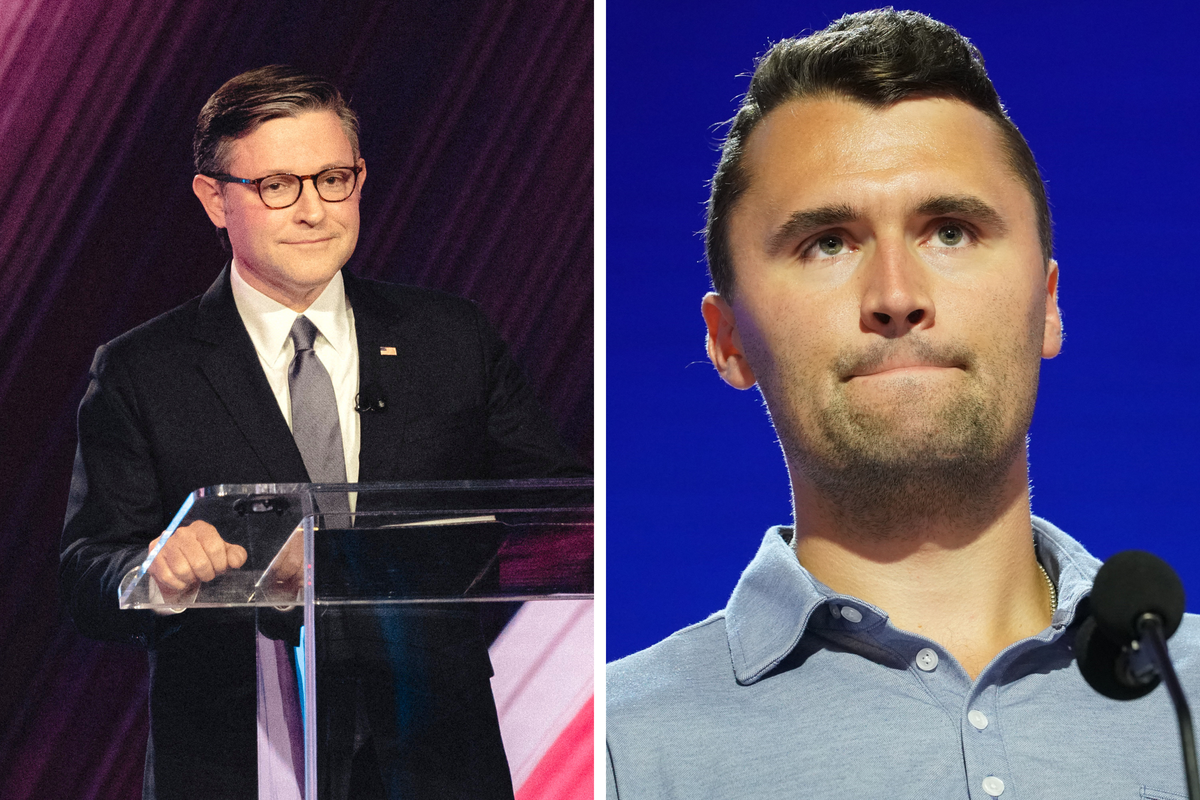Showbiz
Lowenna Waters
Jun 02, 2019
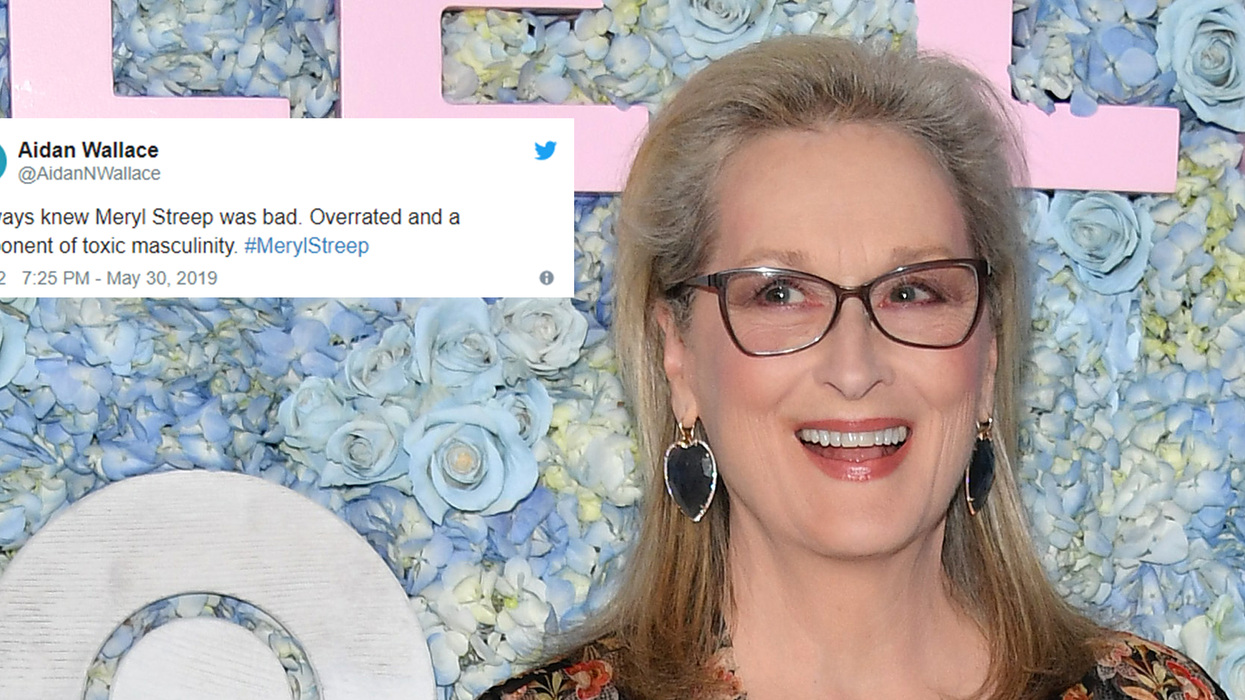
Picture:
Getty Images / Twitter
It's a well-known fact that Meryl Streep ploughs her own furrow, and this time, she's explained why she thinks that the term 'toxic masculinity' can be damaging for men and boys.
Streep, 69, was taking part in a Q&A moderated by Vanity Fair's editor-in-chief for the second series of the HBO programme Big Little Lies at the women's working space The Wing.
Streep's co-star Nicole Kidman told an anecdote about a male fan who had approached her to say how much he'd enjoyed the female-led show.
However, Streep then interjected that she said she finds the label hurtful to young men.
Speaking to moderator Radhika Jones, she said:
Sometimes, I think we’re hurt. We hurt our boys by calling something toxic masculinity. I do.
And I don’t find [that] putting those two words together … because women can be pretty f***** toxic. It’s toxic people.
We have our good angles and we have our bad ones. I think the labels are less helpful than what we’re trying to get to, which is a communication, direct, between human beings. We’re all on the boat together. We’ve got to make it work.
The comments have drawn a plethora of criticism on social media, with many accusing Streep of misunderstanding what the term actually means.
Others didn't understand why she seemed to care about Time's Up, but not at all about toxic masculinity.
Some, however, including Piers Morgan, applauded her view of the term.
And many used it as an example of why Streep should be cancelled.
Toxic masculinity refers to harmful behaviours and attitudes that are associated with men from North America and Europe, such as repression of emotion during stressful situations, and traits such as misogyny and homophobia, as well as conforming to stereotypes of men, including being socially dominant.
Speaking to the Huffington Post, the Good Men Project defined the term as:
A narrow and repressive description of manhood” defined by “violence, sex, status, and aggression.
It added:
It’s the cultural ideal of manliness, where strength is everything while emotions are a weakness.
Where sex and brutality are yardsticks by which men are measured, while supposedly ‘feminine’ traits — which can range from emotional vulnerability to simply not being hypersexual — are the means by which your status as ‘man’ can be taken away.
In 2015, Streep rejected the term 'feminist', in favour of being described as a 'humanist'. In the same year, she cameoed as Emeline Pankhurst in the film Suffragette, while using the opportunity to draw attention to the scarcity of female film critics on the aggregate site Rotten Tomatoes, reports the Guardian.
In 2018, she was an active member of the Time's Up movement to protect women from sexual discrimination in the film industry,
HT Pedestrian
More: Tom Hanks and Meryl Streep did impressions of each other's most famous roles and we can't cope
More: Meryl Streep accidentally created her own meme and it’s glorious
Top 100
The Conversation (0)
